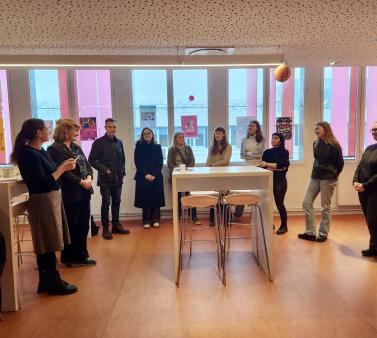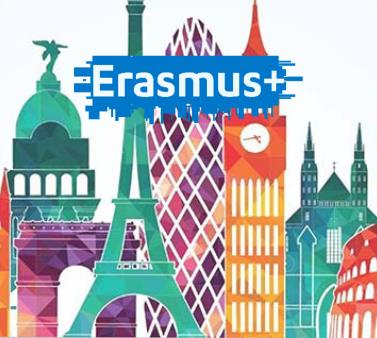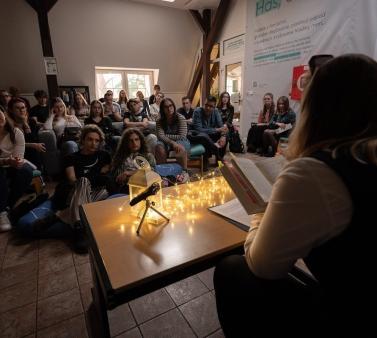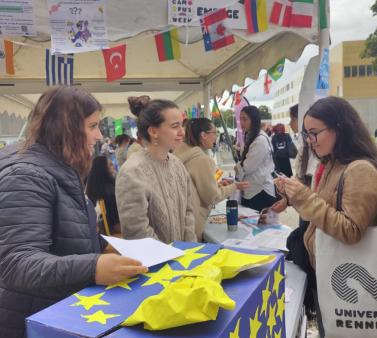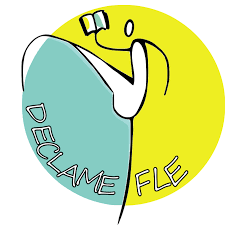
Led by Rennes 2 University and the LIDILE Research Center, DECLAME'FLE has taken up the challenge of increasing intercultural dialogue by relying on the Literature of Migration and Exile (French acronym: LIME) to offer FFL teachers and trainers (French as a Foreign Language) digital Open Educational Resources (OER). The aim is to provide FFL teachers with a training program that offers a forum for mediation and the exchange of human experiences and that constitutes the foundation for education in contemporary debates.
As strategic partners, students and teachers from two universities: the Adam Mickiewicz University (AMU) in Poland and Matej Bel University in Slovakia, regularly participate in the project seminars and common training sessions.
Bernadeta Wojciechowska, Professor at the Institute of Applied Linguistics at AMU, and her students recently organized a training session at the end of the fall semester. It was the second training cycle of the project (the first took place in Rennes last year). The aim, during this last training session, was to propose a reflection on one or several possible axes of exploitation of the thematic literature in order to develop an intercultural competence. As she explained,

“In Poznan, our team wanted to build this training in a logic of dialogue and complementarity with the first training, which was much more based on a textual approach towards literature, whereas we proposed a discursive approach. This approach enabled us to detail the different issues that could be dealt with and proposed around literary texts (for example, how to use literary criticism or interviews with writers and how to also use translation capacities in this discursive and intercultural approach). Since we know that our Slovakian colleagues work a lot more with translation, we really hoped to be of assistance to them by including this aspect.”
Monika Zazrivcova, a Linguistics Professor for the Department of Romance Studies at Matej Bel University added, “I thought that all the 4 training sessions organized by AMU were well thought out and very organized. We were in the position of the team that participated through listening, learning, exchanging ideas and questions, and hopefully our participation helped to contribute to a subject matter that will be beneficial to us all. It was really planned for all kinds of audiences, even for translators and interpreters, so we definitely would like to thank the Polish team.”
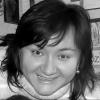
The Matej Bel participants will be charged with preparing the next training session, foreseen for the 2021 summer semester. They will be working hard throughout the winter to develop a program for a subject that is clearly inspiring to them. When asked what motivated her to join the project Monika replied, “I wanted to highlight the continued importance of literature in our modern world. It's nice to be involved in a project that shows how it can bring value to contemporary FFL teaching curricula. I was also quite interested in the theme of the project, working with literature dealing with the themes of exile and migration. It’s a poignant topic and a relevant one, and it gave me the opportunity to discover a considerable body of literature by authors who are not very well known in my country. Then there was the added benefit of being able to be involved in a project with partner universities.”
Bernadeta also added, “Yes, I agree, the intercultural or interpersonal dimension to our collaboration makes the project very interesting… to be able to work with people with whom you've already successfully collaborated. The cities of Rennes and Poznan have been working with each other for quite some time now, so it’s nice to be able to deepen this relationship. The experience is very enriching for all of us and we’d like to share it with our students and get them involved as much as possible.”
When asked if the collaborative experience of each partner has been inhibited by the pandemic, Monika, replied, “the situation has made things a bit complicated for us. We were not able to meet in Poland or Slovakia. But we’ve found ways to get around the complications. We’ve held discussions with tools like Zoom, Skype, VIA, etc. Whenever there was an event proposed by partners, as was the case during Erasmus Days, the recently organized seminar in Rennes or a European webinar on open learning resources, we’ve all been actively participating.”
Bernadeta also spoke about the difficulty of collaborating exclusively from a distance in the current context. “I think that international collaborations like these can sometimes be difficult because they require leaving one's comfort zone of the educational and research cultures of our homes. It’s different for each partner, but we try our best to look for common solutions. In this lies the difficulty and the richness at the same time. It’s a great intellectual challenge.”
Speaking on the different challenges, Monika added that, “For me, there was also another challenge, to find a text that could eventually enrich the corpus of literary texts included in the Déclame’FLE program. For example, a text written by an author from my country that could be added. And since we were asked not to work with translated texts, it did take some digging on my part. Finally, with the help of friends living in France, we found a Slovakian author, who lives in Paris and who was published by Gallimard in French, and it also dealt with the theme of migration. Even if it was only a text that was added to this corpus, at least we were able to successfully deal with this challenge.”
When asked if this experience of working with Rennes 2 students and the use of digital tools will perhaps lead to changes in their universities or in their students' practices, Monika noted that she hoped it would be the case. “But it must also be said that the students in Rennes are lucky to have the assistance of Dolly Ramela, a Digital Project Engineer, who helps them in preparing many technical aspects. She really excels in this field and it would be nice to have someone like that in our department.”. Bernadetta added that, “Digital proficiency is at the heart of the Rennes 2 program, whereas it is an aspect that is absent in our own program, which is much more focused on the different didactic concepts and theoretical research. So there again, I think we have a very good complementary relationship.”
